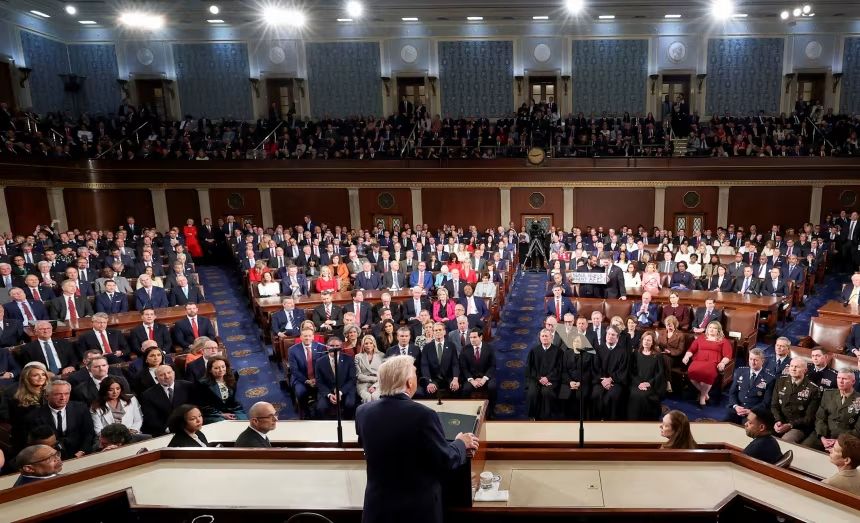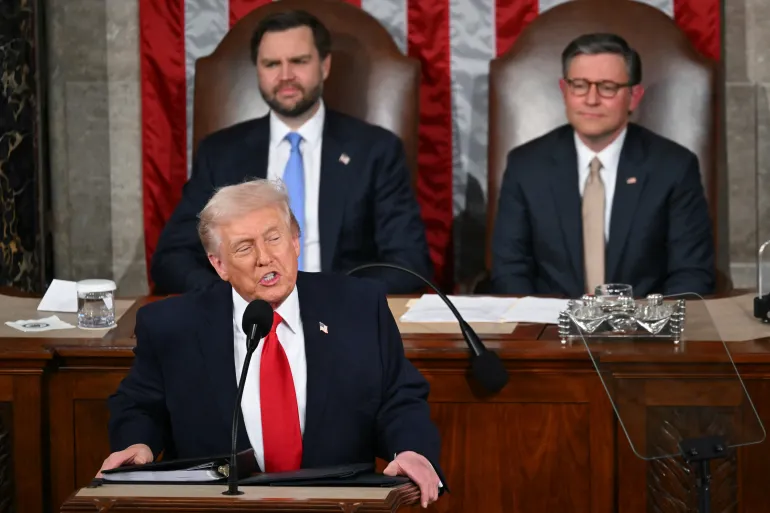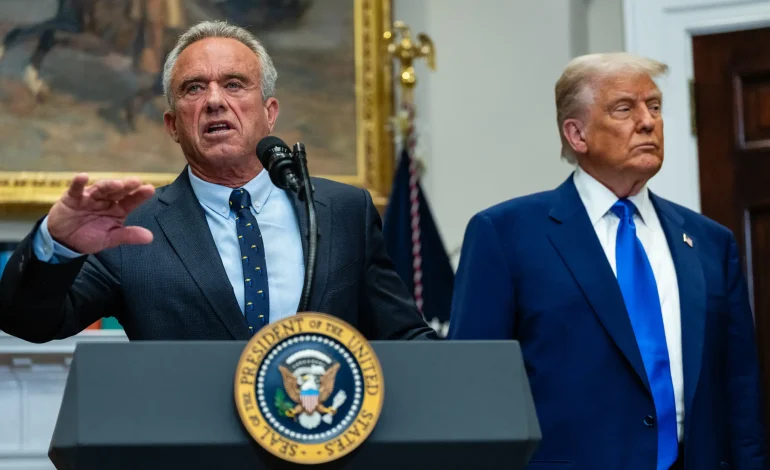The Food and Drug Administration, once considered a gold standard in global regulatory science, is facing unprecedented challenges amid sweeping leadership and policy changes under the Trump administration’s second term, the New York Times reports.
Since February, when Robert F. Kennedy Jr. was confirmed as Secretary of Health and Human Services (HHS), the agency has undergone drastic workforce reductions and a series of reforms that experts say could fundamentally alter its mission.
Founded to protect Americans from unsafe food and medical products, the FDA regulates items accounting for about 20% of consumer spending in the US, including drugs, medical devices, cosmetics, tobacco products, and dietary supplements. Historically underfunded and often legally constrained in its authority, the agency now finds itself in even more precarious territory.
Under the oversight of the Department of Government Efficiency (DOGE), an HHS initiative launched by Kennedy, the FDA has lost roughly 20% of its workforce — around 3,500 positions. These cuts have affected nearly every division, with particularly severe impacts on food safety, medical devices, and generic drugs. Many of those dismissed found out via deactivated security badges or mass emails, while others left in protest of the sudden restructuring.
Critics, including former FDA leaders and public health experts, have questioned both the legality and logic of the firings. A federal judge recently issued a temporary block on further layoffs, calling them likely unlawful. Still, the long-term damage may already be done, with operational capacity significantly diminished and morale among remaining staff at a low point.
Beyond staffing cuts, major policy changes have sparked concern within and outside the agency. Kennedy, a vocal skeptic of vaccines and advocate of alternative therapies, has signaled a desire to overhaul how the FDA evaluates drugs and medical products. While he once criticized the agency’s fast-track drug approval process as a rubber stamp, his administration is now moving to accelerate approvals further for a broader range of products.
Some observers see this as a contradiction.
“They criticized expedited drug reviews for years,” said Reshma Ramachandran, a Yale physician and co-director of the Collaboration for Regulatory Rigor, Integrity and Transparency. “But now they want to do the exact same thing for other drugs.”
Meanwhile, changes to advisory committees and vaccine policies have alarmed many scientists. Longstanding vaccine recommendations have been rescinded by new appointees with limited public health experience. And decisions about future COVID-19 boosters, for example, have bypassed expert panels entirely.
Kennedy and his supporters argue that these changes are necessary to restore integrity and independence to the FDA, which they describe as too aligned with corporate interests. However, watchdogs and former officials warn that the reforms lack strategic direction and may in fact erode public trust even further.
“This is not the reform we’ve been asking for,” said Dr. Peter Lurie, a former FDA associate commissioner. “It’s something closer to dismantlement.”
Public health researchers also point to mixed messaging from the administration. Kennedy has voiced support for evidence-based science, yet continues to promote fringe therapies, such as chelation for autism and raw milk for general health, while questioning the safety of widely studied vaccines. This duality, experts argue, undermines the FDA’s long-standing principle of making decisions based on clinical evidence.
Internal disruptions at the FDA extend beyond layoffs. Return-to-office mandates have overwhelmed agency facilities, and subscriptions to scientific journals and databases have been cut, limiting staff access to vital research. Rumors of surveillance and gag orders have further stifled internal communication, contributing to an environment of fear and instability.
While Kennedy has championed “radical transparency,” observers argue that key meetings and decisions remain opaque. A recent closed-door tour with pharmaceutical executives raised eyebrows, as did the abrupt cancellation of vaccine advisory board meetings.
The long-term implications of the FDA’s current trajectory remain uncertain. Supporters of Kennedy’s initiatives see them as a necessary correction to perceived regulatory capture and bureaucratic inertia. Critics, including many career scientists and health experts, fear the unraveling of decades of progress in consumer safety and public health.
Robert Califf, who served as FDA commissioner under multiple administrations and retired earlier this year, warned that the agency’s foundational principles are under threat.
“The FDA as we’ve known it is finished,” he said. “History will see this as a huge mistake.”










The latest news in your social feeds
Subscribe to our social media platforms to stay tuned